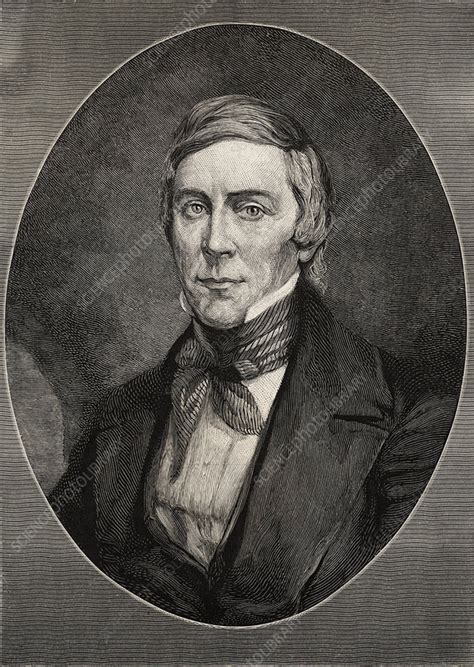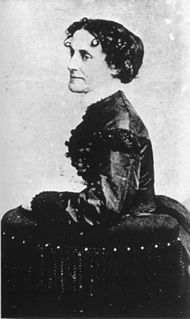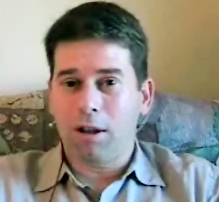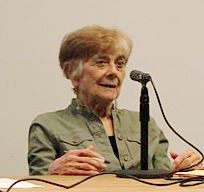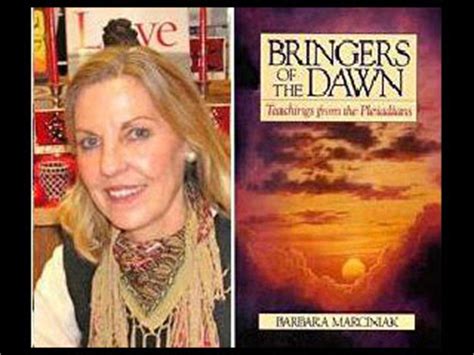A Quote by Neil deGrasse Tyson
I've spent quality time in the aerospace community, with my service on two presidential commissions, but at heart, I'm an academic. Being an academic means I don't wield power over person, place or thing. I don't command armies; I don't lead labor unions. All I have is the power of thought.
Related Quotes
From the moment the organizer enters a community he lives, dreams... only one thing and that is to build the mass power base of what he calls the army. Until he has developed that mass power base, he confronts no major issues.... Until he has those means and power instruments, his tactics are very different from power tactics. Therefore, every move revolves around one central point: how many recruits will this bring into the organization, whether by means of local organizations, churches, service groups, labor Unions, corner gangs, or as individuals.
There's actually a wonderful quote from Stanley Fish, who is sometimes very polemical and with whom I don't always agree. He writes, "Freedom of speech is not an academic value. Accuracy of speech is an academic value; completeness of speech is an academic value; relevance of speech is an academic value. Each of these is directly related to the goal of academic inquiry: getting a matter of fact right."
If you think you have no power over what happens in the outside world, this is a belief and an agreement you have made between yourself and the field of existence. Your cells hear this command about your place in reality and do everything possible to make certain, in whatever situation you meet, that you have no power over events. Your beliefs establish the instructions for how you want to operate your biological being, and in these times of tremendous acceleration, humankind is faced with the responsibility of learning how to manage the energy of thought
While the universities are increasingly corporatized and militarized, their governing structures are becoming more authoritarian, faculty are being devalued as public intellectuals, students are viewed as clients, academic fields are treated as economic domains for providing credentials, and work place skills, and academic freedom is under assault.



